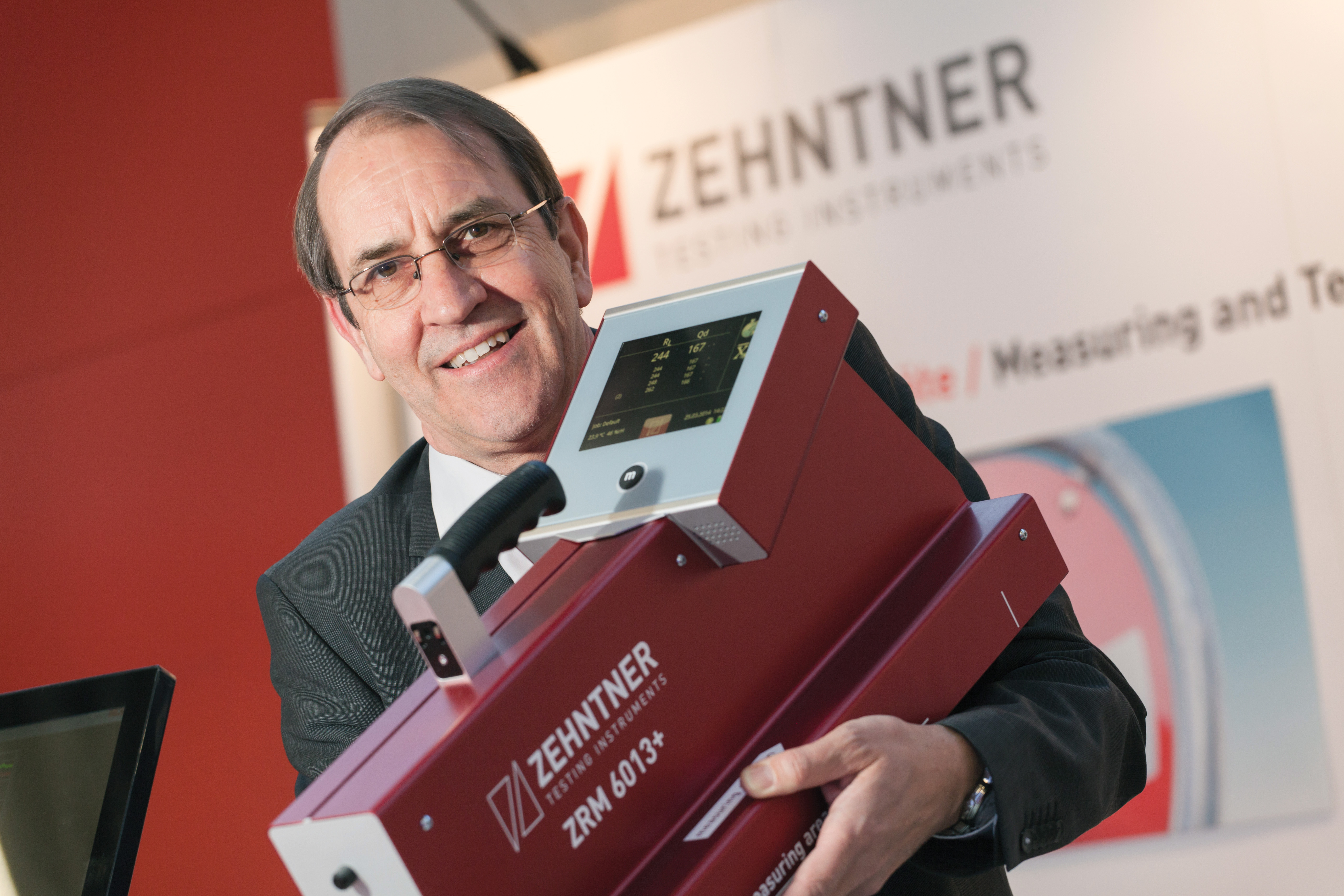Scottish firm Findlay Irvine has developed a sophisticated new microgrip testing system. This is a walk-behind surface friction measurement unit that shares many operating capabilities with the firm’s proven towed unit.
Business development manager Campbell Waddell explained: “It works on the same principle as the towed machine. We developed it as we kept getting asked to use the trailer based unit for jobs it wasn’t suited to, like pedestrian areas and cycleways.”

Scottish firm 7687 Findlay Irvine has developed a sophisticated new microgrip testing system. This is a walk-behind surface friction measurement unit that shares many operating capabilities with the firm’s proven towed unit.
Business development manager Campbell Waddell explained: “It works on the same principle as the towed machine. We developed it as we kept getting asked to use the trailer based unit for jobs it wasn’t suited to, like pedestrian areas and cycleways.”
Weighing in at just 23kg compared with the 93kg of the towed unit, the compact µGT 045 walk-behind tester is easy to move around and can be carried to site in the rear of a small van or even in a passenger car. The unit is simple to use and Waddell said: “You unfold the handle, push to start and away you go.”
Sales director Rob Sims said: “It’s fully computerised and has a touch screen and comes with its own software. It comes with integrated GPS so you can upload the data to a USB and into a map.”
Sims said: “There has been a lot of interest from local authorities.” And Waddell added: “We’re also getting interest for its use by the emergency services. You can do comparisons between after spillages to see if they’ve been cleaned up properly.”
The units are also suitable for use by contractors carrying out retexturing work or installing high friction markings, to check that work is to required standards. It can be used to see specifically where surface repairs need to be made to improve grip at critical points of the network such as at roundabouts or traffic lights, without having to refurbish the entire roadway.
%$Linker:2 Asset <?xml version="1.0" encoding="utf-16"?><dictionary /> 4 94737 0 oLinkExternal www.FindlayIrvine.com Findlay Irvine web false /EasySiteWeb/GatewayLink.aspx?alId=94737 false false %>
Business development manager Campbell Waddell explained: “It works on the same principle as the towed machine. We developed it as we kept getting asked to use the trailer based unit for jobs it wasn’t suited to, like pedestrian areas and cycleways.”
Weighing in at just 23kg compared with the 93kg of the towed unit, the compact µGT 045 walk-behind tester is easy to move around and can be carried to site in the rear of a small van or even in a passenger car. The unit is simple to use and Waddell said: “You unfold the handle, push to start and away you go.”
Sales director Rob Sims said: “It’s fully computerised and has a touch screen and comes with its own software. It comes with integrated GPS so you can upload the data to a USB and into a map.”
Sims said: “There has been a lot of interest from local authorities.” And Waddell added: “We’re also getting interest for its use by the emergency services. You can do comparisons between after spillages to see if they’ve been cleaned up properly.”
The units are also suitable for use by contractors carrying out retexturing work or installing high friction markings, to check that work is to required standards. It can be used to see specifically where surface repairs need to be made to improve grip at critical points of the network such as at roundabouts or traffic lights, without having to refurbish the entire roadway.
%$Linker:











